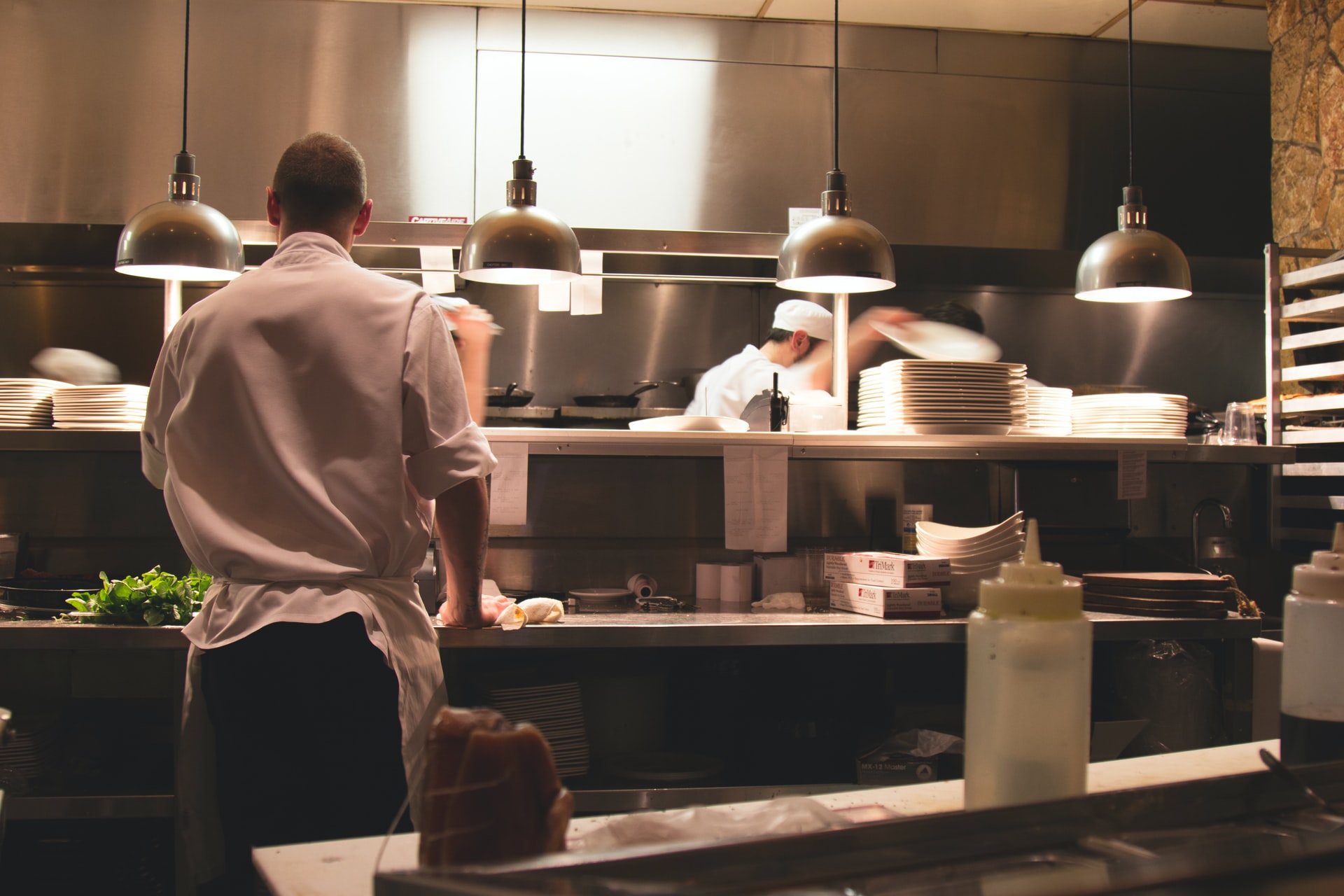On Thursday, Malta’s authorities announced revised rules relating to obligatory quarantine for contacts of COVID-19 positive people which will come into force from 16th August.
Those identified by the health authorities as having been exposed to a person who has tested positive for COVID, under the current rules are legally obliged to self-isolate for 14 days. As per the newly announced measures, such persons shall only be required to quarantine for a seven-day period.
On the seventh day, they will be asked to take a swab test at a pre-defined, Government designated swabbing hub, and should the results come out negative, the individual would be free to end their isolation period on the eighth day.
Who, exactly, is eligible?
The revised rules only apply to those with a valid vaccine certificate, i.e., they have received both jabs or the single-dose Johnson and Johnson vaccine, and a period of 14 days has elapsed from their last shot.
Those who have tested positive, despite whether they are fully vaccinated or not, individuals living in the same household as a COVID positive case, individuals living in institutions such as homes for the elderly and travellers entering Malta are not eligible for the reduced seven-day quarantine period.
‘We’re going in the right direction’
The new rules will have come as good news to the business community, especially sectors that have sounded the alarm over staffing and workforce issues.
Chief among those sectors is the hospitality industry, with several leading local figures warning of a mass exodus of workers. Indeed, stories of restaurants having to reduce their opening hours because of a shortage of staff have been plenty.
While many have mused that a leading factor behind this exodus is the number of foreign workers who have returned home during the pandemic, Malta’s quarantine rules have been placed under the spotlight for exacerbating the issue.
On its part, The Malta Chamber last month specifically spoke about the quarantine rules for secondary contacts of COVID positive cases who are fully vaccinated.
“If we really believe that vaccines break the chain of contagion, we need to be pragmatic and shouldn’t be placing fully vaccinated secondary contacts in quarantine”, said Marisa Xuereb, president of The Malta Chamber.
Malta Hotels and Restaurants Association President, Tony Zahra, in comments to BusinessNow.mt, said “we are going in the right direction” with regards to the reduced quarantine requirements for fully vaccinated secondary contacts.
“Obviously those who are vaccinated took it because chances of getting COVID are far less, so it only makes sense that restrictions on the vaccinated are decreasing.
“It’s going to make a big difference to the industry. However, I still believe that if you are vaccinated you shouldn’t spend any time in self-isolation. Or, if you must, let it be two days, after which you take a test. That’s what they’re doing in England.”
Commenting on this latest development, newly appointed CEO of the Association of Catering Establishments (ACE), Omar Vella, said the organisation “positively welcomes” the new rules for secondary contacts of positive cases “given the current challenge the industry is facing in terms of a lack of human resources”.
“This decision is further welcomed given we are in the peak season when the industry needs to maximize the demand without ignoring the duty to provide a quality and timely service.”
And, indeed, it is likely to make a big difference to the industry. Take Michelin-starred restaurant Noni, in Valletta. It has been closed “due to unforeseen circumstances” since 27th July.
Patrons who had dinner reservations booked for that week informed this newsroom that the restaurant was temporarily closed because of a positive case found inside the restaurant. The new rules, coming into force from mid-August, would at the least cut in half the time such restaurants would be required to shut due to staff quarantining.
European Parliament adopts regulation making it easier for companies to be paid on time
The maximum credit term under the new Late Payment Regulation is to up to 120 days, for some sectors
French ATC strike forces Ryanair to cancel over 300 flights, affecting 50,000 passengers
The low-cost carrier is demanding the EU carries out reforms to ensure travel continues undisrupted
Valletta ranks 8th most expensive European capital city to live in – study
While London is the most expensive, Bucharest is the most affordable






